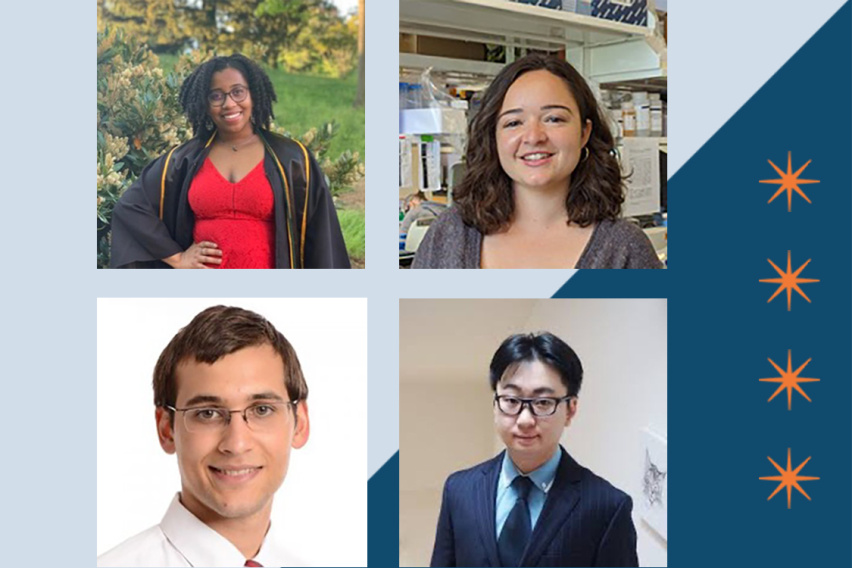MIT News
November 20, 2020
A multidisciplinary team from the Koehler Lab identified a compound that could target key proteins in advanced prostate cancer, as well as a variety of other cancer types. The compound, KI-ARv-03, works by selectively binding to an androgen receptor cofactor known as CDK9, thereby destabilizing androgen receptor proteins in a key pathway contributing to the development of castration-resistant prostate cancer (CRPC) and curbing the expression of associated oncogenes. The study appears in Cell Chemical Biology and was supported in part by the Koch Institute-Dana-Farber/Harvard Cancer Center Bridge Project, the MIT Center for Precision Cancer Medicine, and Janssen Pharmaceuticals, Inc., via the Transcend partnership.
Kronos Bio, co-founded by Koehler, has developed a more powerful version of the CDK9 inhibitor, KB-0742 and recently received IND clearance to begin a Phase 1/2 clinical trial in 2021. Preclinical tests in cell lines and mouse models revealed significantly reduced tumor growth in CRPC models and other oncogene-addicted cancers.
